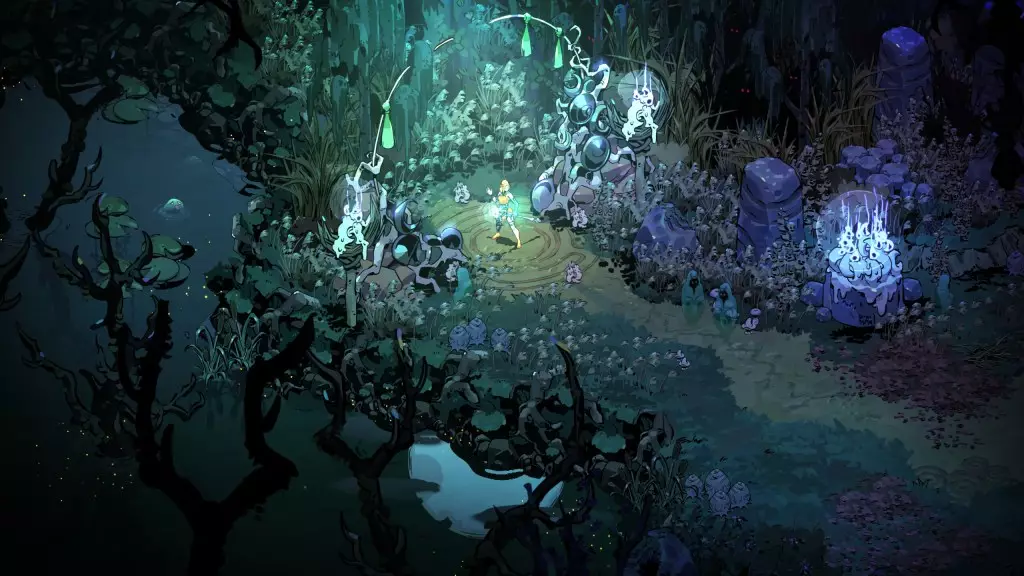Supergiant Games has carved a unique niche in the gaming industry, celebrated for its rich storytelling and immersive worlds. Titles like *Bastion*, *Transistor*, and the critically acclaimed *Hades* have not only gained a loyal following but also redefined how narrative can be woven into game design. A fundamental aspect of this success lies in the meticulous approach to voice acting, where actors are not merely voices but integral collaborators who enhance the game’s emotional resonance. The time spent in character development allows voice actors to forge connections with their roles, dramatically elevating the gaming experience.
Recently, the industry was rocked by unexpected allegations from Marin M. Miller, a talented voice actor deeply involved in the *Hades* series. Through social media, Miller suggested that Supergiant Games might be seeking to recast characters to sidestep the implications of the SAG-AFTRA strike—an event that has gripped the industry since August, focusing on the need for rigorous protections against the use of AI in voice acting. The implications of such a move prompted an outcry, as fans took to urging the studio to comply with interim contracts that would ensure the continuation of union protections while the strike remains unresolved.
The SAG-AFTRA strike highlights crucial issues facing the voice acting profession. Unlike traditional acting, the rise of AI technology in video games introduces a host of challenges, particularly surrounding concepts of agency, consent, and employment security. The union’s push for comprehensive protections intends to safeguard the interests of voice actors who fear that AI could replace their unique contributions. By advocating for these protections, SAG-AFTRA aims to solidify the role of human talent in an increasingly digitized industry.
In response to Miller’s assertions, Supergiant Games made a public statement, categorically denying any intent to recast roles. Their commitment to avoiding AI replacements for voice actors underscores an ethical approach to game development, aiming to maintain authenticity in character portrayal. However, the lack of substantial communication regarding Miller’s involvement raises questions about the transparency of studio practices amid ongoing labor disputes. While they have expressed a commitment to existing talent, the silence on negotiations hints at complexities that may not be immediately visible to the public.
Miller’s comments serve as a potent reminder of the strike’s far-reaching effects on the industry. As negotiations continue behind closed doors, concerns regarding artistic integrity and job stability loom large for voice actors and developers alike. The mutual relationships between studios and voice talent are under scrutiny, highlighting a critical moment in the evolution of labor rights within gaming. As the strike carries on without resolution, both the future of voice acting and the narrative depth in video games remain uncertain, prompting a more profound analysis of the industry’s trajectory.


Leave a Reply